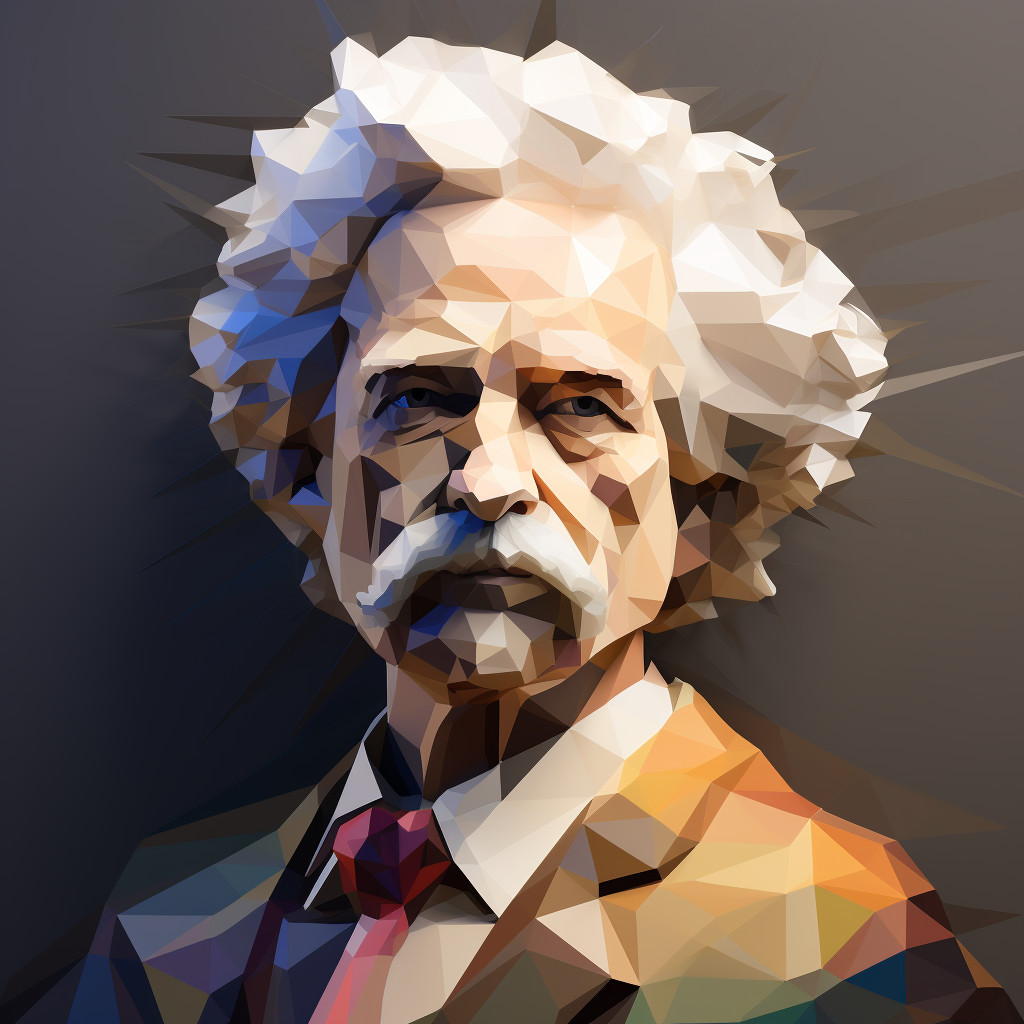This quote implies that life can only be fully understood when we acknowledge that everyone, including ourselves, has a certain level of madness. Here, ‘madness’ does not necessarily mean clinical insanity, but rather the quirks, eccentricities, and irrational behaviours that make us human. It suggests that we all have our unique perspectives and peculiarities, which may seem ‘mad’ to others but are completely normal to us.
The quote also highlights the importance of accepting and embracing our individuality and the individuality of others. It suggests that understanding life requires understanding and accepting the diversity and complexity of human nature. This acceptance can lead to greater empathy, compassion, and tolerance towards others.
In today’s world, this quote is particularly relevant. We live in a diverse society where everyone has their own beliefs, values, and ways of life. Understanding this ‘madness’ in everyone can help us to better navigate our relationships and interactions with others. It can help us to be more accepting and understanding of differences, reducing conflicts and promoting harmony.
In terms of personal development, acknowledging our own ‘madness’ can help us to better understand ourselves. It can encourage us to embrace our individuality and to be true to ourselves, rather than trying to conform to societal norms or expectations. This self-acceptance can lead to greater self-confidence and self-esteem, and can ultimately contribute to our overall happiness and well-being.






